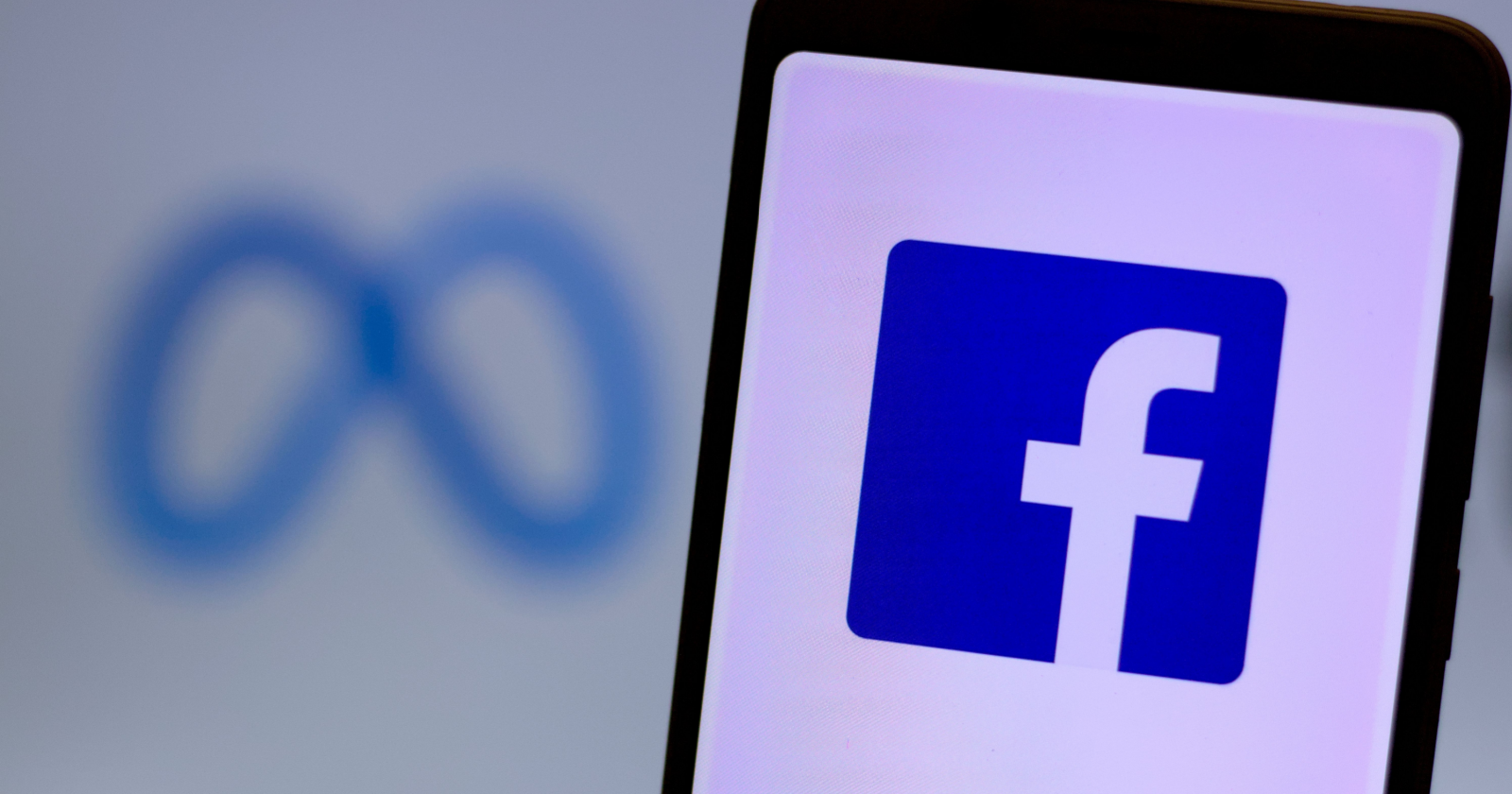Meta says it will consider removing news articles from its platform if a US government mandate forces the company to compensate publishers.
The Journalism Competition and Preservation Act (JCPA) enables news outlets to collectively negotiate revenue-sharing deals with social media platforms and search engines.
The JCPA is designed to benefit US news outlets because deals apply across the board to all local and national publishers.
News outlets can negotiate with companies individually under the current system. However, one-to-one negotiations only give publishers so much leverage.
If the JCPA passes, it will allow the entire industry to negotiate, giving publishers more leverage over companies like Meta and Google.
Meta isn’t interested in negotiating with publishers because the company believes traffic and exposure are payment enough.
Andy Stone, Meta’s policy communications director, published a statement on Twitter threatening to remove news content in the United States if the JCPA passes:
“If Congress passes an ill-considered journalism bill as part of national security legislation, we will be forced to consider removing news from our platform altogether rather than submit to government-mandated negotiations that unfairly disregard any value we provide to news outlets through increased traffic and subscriptions.”
Meta’s argument continues with a statement that roughly translates to: ‘They need us more than we need them:
“The Journalism Competition and Preservation Act fails to recognize the key fact: publishers and broadcasters put their content on our platform themselves because it benefits their bottom line – not the other way around.”
Meta concludes its statement by equating the government’s plan with the creation of a ‘cartel-like entity’:
“No company should be forced to pay for content users don’t want to see and that’s not a meaningful source of revenue. Put simply: the government creating a cartel-like entity which requires one private company to subsidize other private entities is a terrible precedent for all American businesses.”
The bipartisan JCPA is yet to pass through the Senate, though it advanced through the Judiciary Committee in September.
Antitrust experts believe Meta will not follow through on its threats to withhold US news from its platforms, citing its failure to do so in Australia and Canada:
Bluffing. This is where I remind everyone Facebook spent 9 months plotting to cause chaos in Australia before retreating and then threatened Canada, too. And they’ve done this under a misleading narrative to protect profits and disregard public. Google took opposite approach. 1/3 https://t.co/1iJqDa0RMB
— Jason Kint (@jason_kint) December 5, 2022
If the JCPA passes and Meta lives up to its word, it could be a blow to US news publishers.
On the other hand, news content hasn’t been a priority for Meta for years. Publishers have been losing referral traffic since 2016 when Facebook started prioritizing posts from friends and family over pages.
Meta showed renewed interest in news with the introduction of the Facebook News tab, which was put on the back burner earlier this year.
As Meta plans to transition to a video-first platform, who knows how much visibility news publishers will receive in the future.
According to a Pew Research study, Facebook is currently the leader in social media platforms where Americans regularly get news. However, the same research shows news consumption is gradually shifting to YouTube and Twitter.
If it comes down to it, can US news publishers survive without Meta? Considering the company’s recent downturn, it’s fair to say Meta doesn’t have the same power over publishers that it used to.
Featured Image: pnm-stock/Shutterstock





![AI Overviews: We Reverse-Engineered Them So You Don't Have To [+ What You Need To Do Next]](https://www.searchenginejournal.com/wp-content/uploads/2025/04/sidebar1x-455.png)